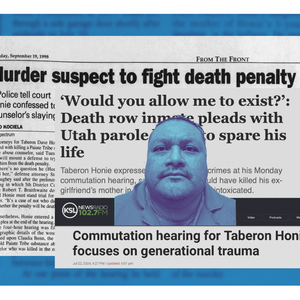
NEWS (6/26/20) — California: A California trial judge has accepted the January 29 recommendation by a Tulare County jury to sentence Hernan Rodriguez to death. The death sentence is the 12th DPIC is aware of so far in 2020, and only the second since mid-March, when the coronavirus pandemic suspended most court proceedings in capital cases nationwide.

NEWS (6/25/20) — Florida: In a pair of unsigned opinions, the Florida Supreme Court has upheld the capital sentences of two more death-row prisoners.
On direct appeal, the court upheld the death sentence imposed on Angel Santiago-Gonzalez, who pleaded guilty to a 2016 prison murder and then waived his right to a jury sentencing. In a post-conviction ruling in a pair of 1984 killings, the court upheld the death sentences imposed by trial courts on Duane Owen after sentencing juries failed to reach unanimous sentencing recommendations.

NEWS (6/23/20) — Ohio: The U.S. Court of Appeals for the Sixth Circuit has denied Ohio death row prisoner Romell Broom’s habeas corpus challenge to the state’s efforts to attempt to carry out his execution a second time. Ohio unsuccessfully attempted to execute Broom on September 15, 2009, calling off the execution after prison personnel failed for two hours to establish an intravenous execution line.
The Sixth Circuit upheld the Ohio state courts’ rejection of Broom’s claim that a second execution attempt would violate his Fifth Amendment protection against twice being placed in jeopardy of life for the same offense and the Eighth Amendment prohibition against cruel and unusual punishment. The federal appeals court said that no clearly established U.S. Supreme Court case law prevented a second execution attempt.

NEWS (6/22/20) — Florida: The U.S. Court of Appeals for the 11th Circuit has affirmed a Florida district court decision denying Juan Rodriguez’s habeas corpus challenge to his conviction and death sentence.
The appeals court ruled that the Florida courts had not unreasonably applied clearly established U.S. Supreme Court law when they rejected Rodriguez’s intellectual disability claim using a standard the Court later explicitly declared unconstitutional. It also denied Rodriguez’s claim that his penalty-phase counsel was ineffective, ruling that he had not proven that counsel’s failure to present available mitigating evidence was prejudicial.


